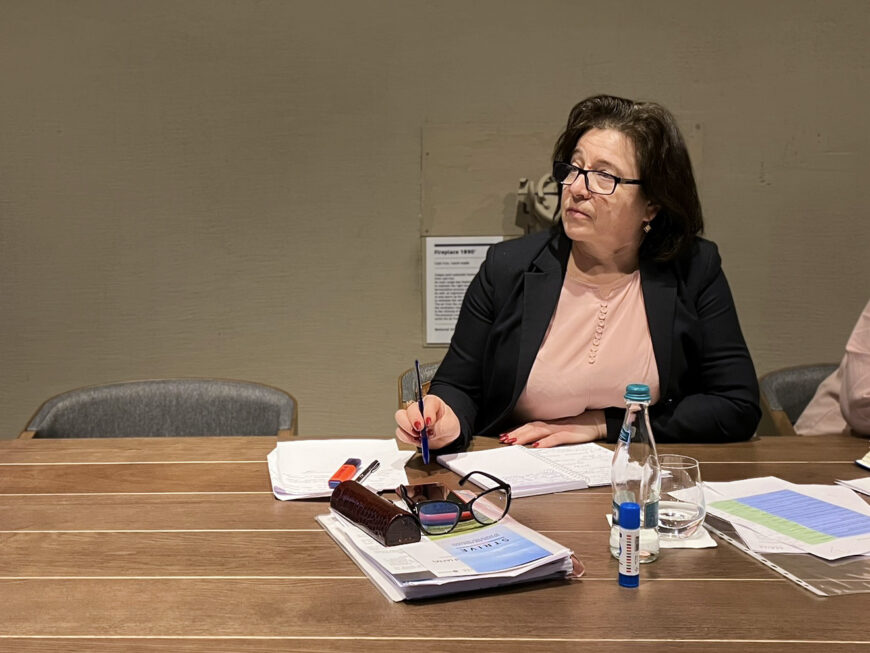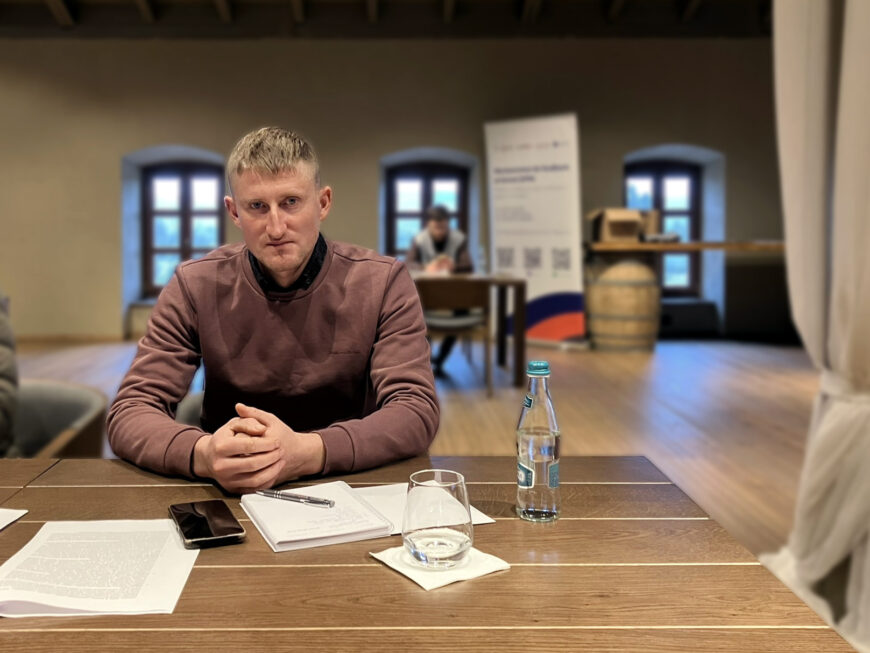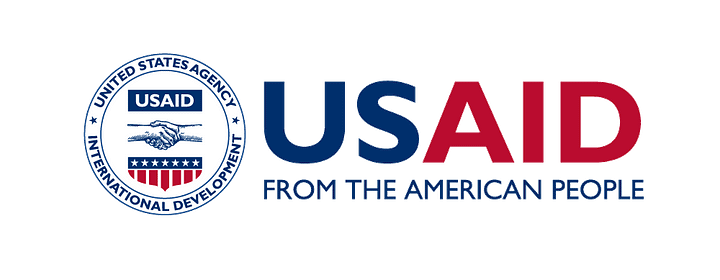The Republic of Moldova is facing risks related to natural and man-made disasters, such as floods, earthquakes, and heatwaves. Additionally, Moldova is reliant on agriculture to provide for the country’s food needs. These risks are worsened by economic stressors including important influx of refugees since February 2022, a consequence of the escalation of the war in Ukraine.
Since 2023, Acted, IMPACT Initiatives (IMPACT) and Bibliothèques Sans Frontières (BSF) have joined forces to support building the resilience of local actors including local authorities, civil society, and farmers under the STRIVE consortium. One of the main objectives is to support the development of Disaster Risk Reduction (DRR) strategies at both municipality and raion levels, with the financial support of the Agence Française de Développement (AFD) and Bureau of Humanitarian Assistance (USAID/BHA) in Anenii Noi, identified as being one of Moldova’s most disaster-affected regions.
Acted is committed to a multi-level assistance to decrease the impact of man-made and natural hazards on the vulnerable communities in Moldova. One important aspect of the project is engaging with Local Authorities to articulate governmental level solutions.
Thus, to support Local Authorities in taking informed decisions in crisis situations, Acted, with the support of a DRR consultant, has been developing tailored strategies with a participative approach to equip Anenii Noi municipalities with formalized and informed procedures in DRR.
Enhancing the coordination between administrative subdivisions is another key aspect. For this reason, trainings, co-creation workshops and roundtables are implemented to support DRR coordination mechanisms, based on participants’ background knowledge and following the results of IMPACT’s area-based assessment conducted in Anenii Noi. The ultimate objective of this project is to strengthen local strategies to feed into regional and national Disaster Risk Management policies.
Interview with Elena, Mayor of Serpeni Village in Anenii Noi
The training sessions for Local Authorities were first organised in January 2024 to establish the premises of the DRR strategies for the municipalities of Anenii Noi. The main objective of the initial sessions organized in small groups, was for participants to share background knowledge and experiences, towards a common understanding of the key concepts of DRR.
The training brought together representatives of Local Authorities from a wide range of administrative subdivisions. Among them was Elena, Mayor of Serpeni in Anenii Noi, who told us about her expectations for the DRR training.
As a Mayor, it is part of our responsibility to find solutions for the communities. I would like to find out more about how to administrate actions and pass it on to the Civil Society Organisations (CSOs) counterparts and colleagues, establish our priorities together.

Elena expects to clarify a strategy, establish priorities for her community, and wishes to bring the reflexion closer to central authorities and collaborate with CSOs, to refer all risks and take appropriate measures, collaborating and sharing information with nearby villages, which may be affected by similar hazards.
Interview with Radu, Councillor at the Puhaceni town hall
Radu is a councillor at the Puhaceni town hall in Anenii Noi and a member of the local AO (Asociatie Obsteasca), where he is actively involved in the development of local solutions.
Today's training is very important for us, as we are facing many risks such as floods, fires, and drought, which seriously affect the economy and living standards.

Radu explained that last year, drought and wildfires occurred which caused a lot of lands to burn. Years before, floods caused severe damages in Anenii Noi. Such hazards combined with unpredictable weather conditions, cause agriculture production to suffer.
Radu appreciated hearing of the DRR concepts that would reduce the impact of and prevent these risks and foster a better living environment in his municipality. He already has ideas to support local solutions including education on waste management, the rational use of water and chemicals used in agriculture, to prevent potential risks.
The knowledge gained by the Local Authorities representatives will help them thrive in crisis situations, allowing them to take informed decision for sustainable action. Additionally, this participative approach supports local stakeholders in actively engaging with and shaping the outcomes of the project. It will ensure that knowledge and skills are disseminated effectively, increasing local ownership of DRR.


